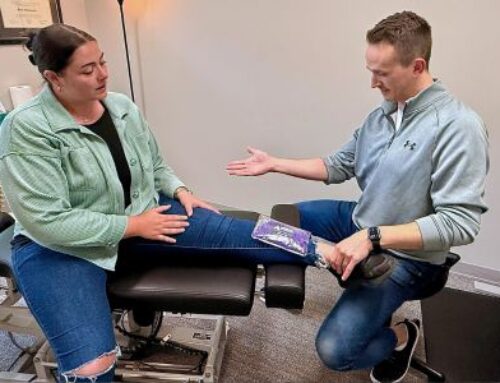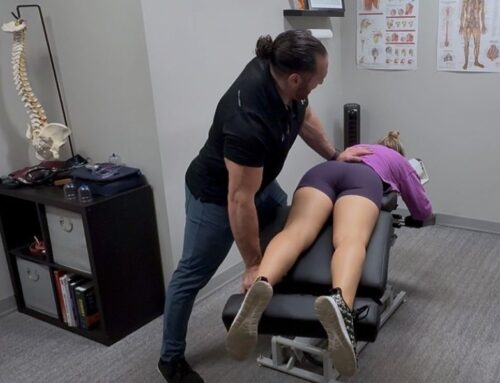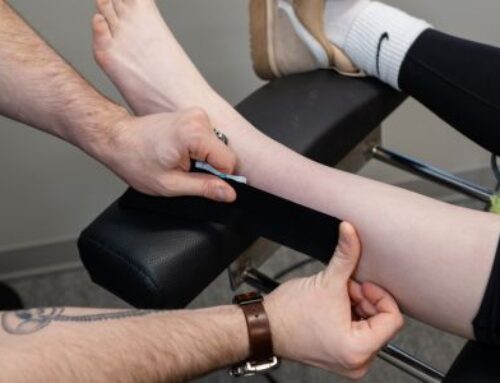Supporting conception with supplementation can be an easy first step on the journey to parenthood. For couples planning to conceive in the near future, optimizing fertility is a key step toward achieving their dream of starting a family. Alongside maintaining a healthy lifestyle, incorporating specific supplements into your daily routine can help support reproductive health for both men and women.
For those in the early family planning stages, we often recommend starting supplements at least 3 months before beginning trying to conceive but 6 months in advance would be even better. Maintaining a pregnancy takes a large toll on the pregnant person and their body will do anything necessary to accomplish that, often meaning whatever nutrient stores are available will be depleted. If there is little or no nutrient storage available, the pregnant person can have a harder pregnancy.
The lists will be separated for women and men, but we recognize that not every family is made of one male and one female partner so please take what you need from this information and leave the rest.
Supplementation For Women:
- Folic Acid: Also known as vitamin B9, folic acid is crucial for early fetal development and reducing the risk of neural tube defects. It’s recommended that women of childbearing age take 400-800 micrograms of folic acid daily.1
- Omega-3 Fatty Acids: Found in fish oil supplements, omega-3 fatty acids are essential for reproductive health in women. They can help regulate hormone levels, improve egg quality, and enhance overall fertility. Aim for a daily intake of EPA and DHA, the two primary forms of omega-3s, to support fertility.2
- Coenzyme Q10 (CoQ10): As a powerful antioxidant, CoQ10 plays a crucial role in energy production within cells. Studies have shown that CoQ10 supplementation may improve egg quality and ovarian reserve in women, thus enhancing fertility.3
- Vitamin D: Deficiencies in vitamin D have been linked to infertility in women. Adequate vitamin D levels are essential for hormone balance and reproductive function.4
- Iron: Iron deficiency can disrupt ovulation and menstrual cycles, impacting fertility in women. Ensure adequate iron intake through diet and supplementation if needed, under the guidance of a healthcare professional.5
SupplementationFor Men:
- Folic Acid: While often associated with women’s prenatal health, folic acid is also important for men’s fertility. Adequate intake may improve sperm quality and reduce the risk of chromosomal abnormalities in offspring.6
- Omega-3 Fatty Acids: Omega-3s are beneficial for men’s fertility as well, supporting sperm quality and motility. Incorporating fish oil supplements into the diet can help optimize reproductive health.7
- Coenzyme Q10 (CoQ10): CoQ10 supplementation may improve sperm quality and motility, thus enhancing male fertility. Its antioxidant properties help protect sperm cells from oxidative damage.8
- Vitamin D: Vitamin D plays a role in testosterone production and sperm quality. Ensuring adequate levels through supplementation may positively impact male fertility outcomes.9
- Zinc: Zinc is essential for sperm production and testosterone metabolism. Supplementation may improve sperm quality and enhance male fertility.10
We know that supporting conception is a long and complicated process but supplementation can be helpful. If you have been trying to conceive for 6+ months without a successful pregnancy, it is a good idea to consult your care team to discuss further options you may have.
The quality of the supplement you are taking can play a role in its effectiveness. It is recommended that you use a brand that is third party tested to ensure the ingredients listed on the bottle are truly what is inside. If you need help finding a good quality supplement, any of the chiropractors at Pinnacle Hill Chiropractic can help with this. You can schedule an appointment here!
Before starting any new supplement regimen, it’s important to consult with a healthcare provider, especially if you have underlying health conditions or are taking medications. By incorporating these supplements into your preconception plan, both male and female partners can support their reproductive health.
References:
- National Institutes of Health. (2018). Folate Fact Sheet for Consumers.
- Chavarro, J. E., et al. (2018). Omega-3 Fatty Acid Supplementation During Pregnancy.
- Thakur, A. S., et al. (2020). The Role of Coenzyme Q10 in Female and Male Fertility.
- Lerchbaum, E., & Obermayer-Pietsch, B. (2012). Vitamin D and Fertility: A Systematic Review.
- Milman, N. (2019). Iron and Pregnancy—A delicate balance.
- Gaskins, A. J., et al. (2014). Dietary Folate and Reproductive Success among Men.
- Safarinejad, M. R., & Hosseini, S. Y. (2009). Effect of Omega-3 Fatty Acids on Semen Quality.
- Safarinejad, M. R., et al. (2012). The Effects of Coenzyme Q10 Supplementation on Sperm Parameters.
- Blomberg Jensen, M. (2014). Vitamin D and Male Reproduction.
- Wong, W. Y., et al. (2002). Zinc Status of Infertile Men.





